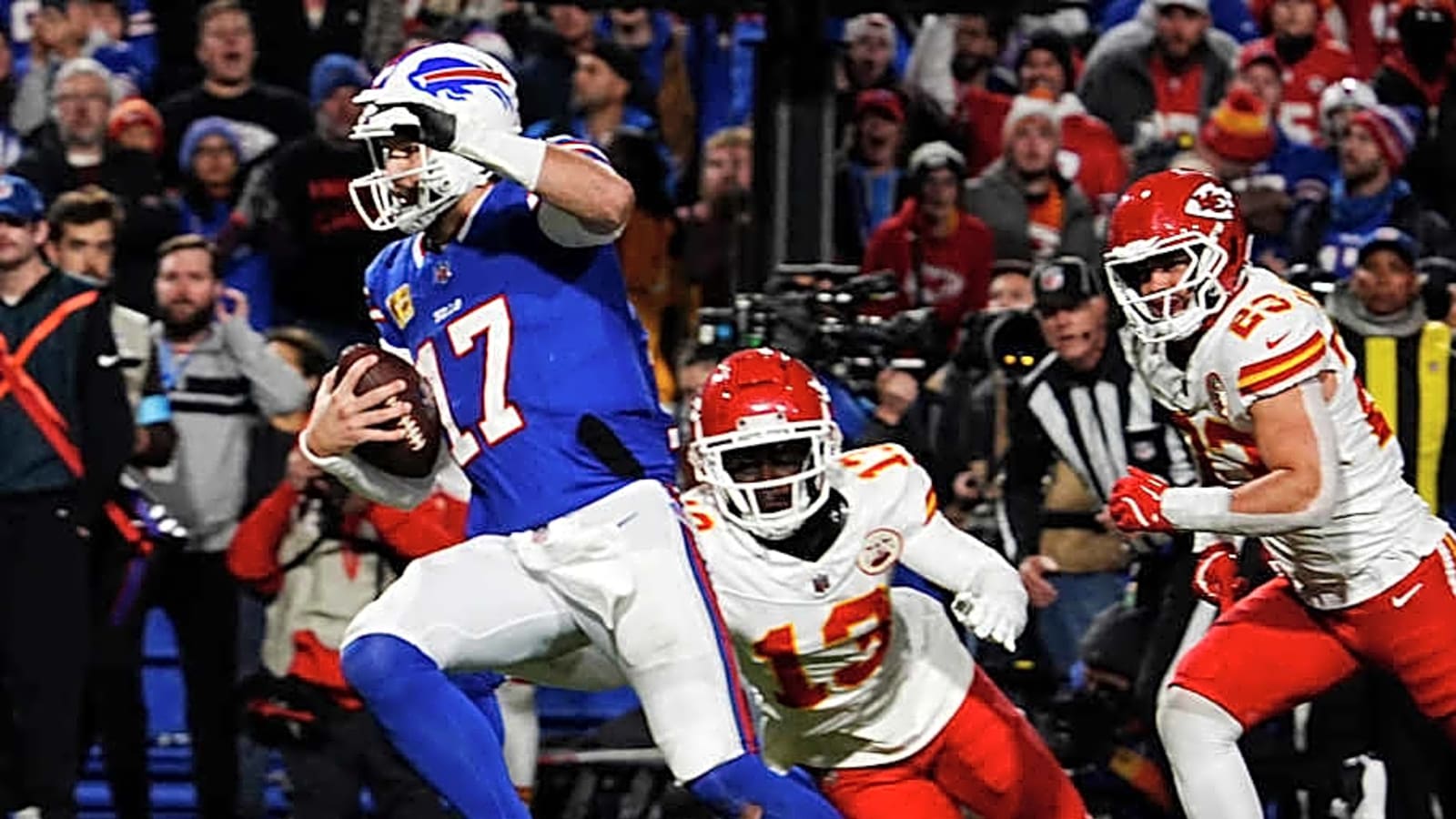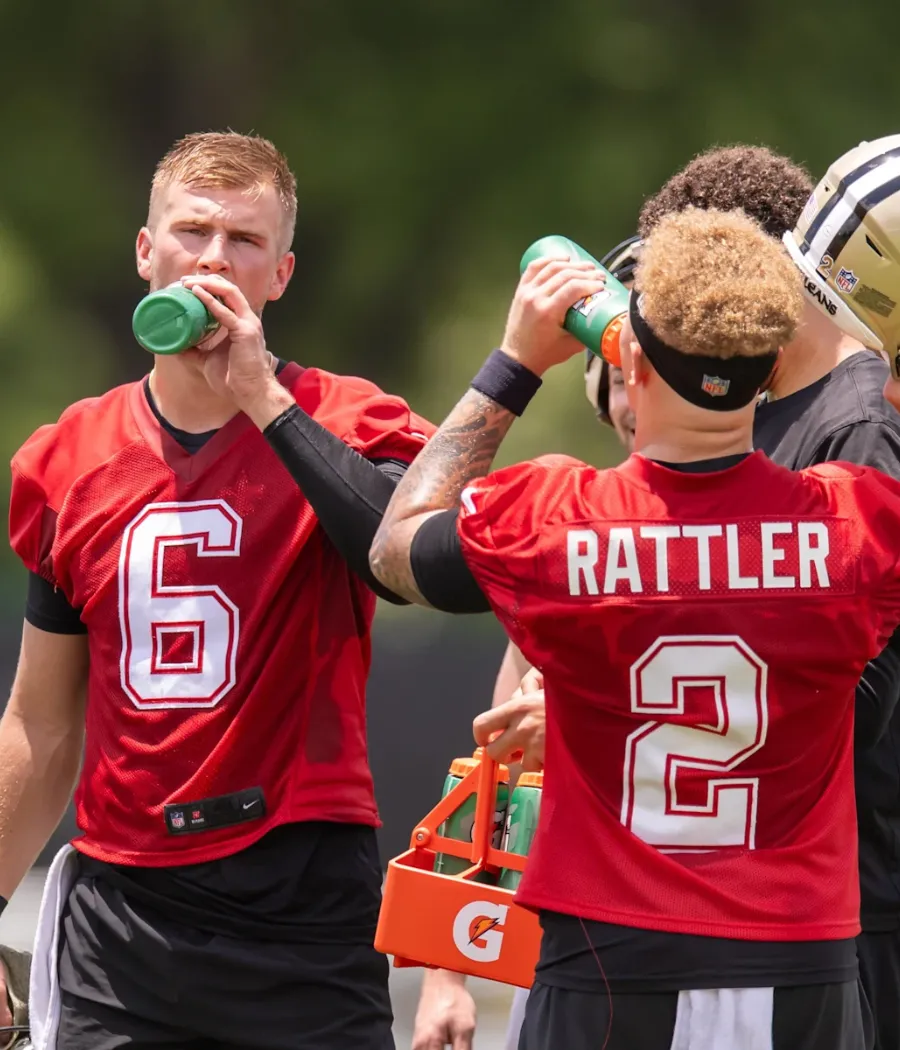
Mitch Marner’s move from Toronto to Vegas isn’t just a blockbuster trade: it’s a full-blown identity shift. From the hockey crucible to the second-newest market, Marner finds himself at the center of a dramatic contrast: two cities, two cultures, and two very different ways of pursuing success. Will Marner flourish in Vegas and rewrite the narrative around his legacy as other stars have? Or will he once again be the subject of scrutiny as he was on his home team?
Let’s examine how different things can get for the newly acquired Golden Knight by analyzing how Toronto and Vegas differ on the ice and off it.
Team & Playing Style
Toronto and Vegas have distinct identities not just as cities but as teams. Vegas crafts its hockey with surgical precision: balanced scoring, a structured defense, and puck dominance. It posted a plus-60 goal differential (274 goals for, 214 goals against) and carried a 5-on-5 Fenwick for percentage (FF%) hovering around 51.8%, thanks to defensemen like Noah Hanifin and Shea Theodore anchoring the neutral zone. Analytically, Vegas is a darling.
The Maple Leafs, on the other hand, depend a lot on Marner’s playmaking. He had 75 assists and 102 points in 2024‑25. But beyond their top line, underlying metrics (Corsi for percentage/CF% and expected goals-for percentage/xGF%) plateau at a level even below the league average at 5-on-5. The team still posted a plus-38 in goal differential, but deeper analysis reveals a drop-off in secondary scoring and chance suppression. This may be partly due to head coach Craig Berube, who preached a different style of hockey.
In theory, this transition for the Maple Leafs would help Marner acclimatize to the Golden Knights’ style. Still, what plagued the Maple Leafs also kept the Golden Knights from going deeper into the postseason, and that is where Marner can contribute: deft playmaking (especially when Vegas can’t contain the other team’s offense). It’s a question of whether he can make it happen when it matters most. And he’ll face a similar kind of pressure with the Golden Knights, albeit in a different way.
Franchise Management & Culture
The Maple Leafs (under Maple Leaf Sports & Entertainment (MLSE)) were run like hockey capitalism: big money and flashy stars. They signed John Tavares, a local hockey hero, to generate headlines. Recently, they raised season-ticket prices by 20% and sparked significant backlash among die-hard fans. But on the ice, they were relatively patient given the team’s consistent first-round disappointment.
The Golden Knights, under Bill Foley and Kelly McCrimmon, function with a calculated savagery. Since joining the NHL, they have cycled through three head coaches: Gerard Gallant (fired midseason in 2020), Peter DeBoer (let go in May 2022 after missing the playoffs partly due to injuries), and now Bruce Cassidy, who led the team to its first Stanley Cup victory in 2023. That’s just the coaches. The franchise is not shy of cutting ties with beloved figures and star players (like Marc-Andre Fleury and Jonathan Marchessault) if the statistics and costs do not align.
However, if these franchises share something in common, it’s this: they are the two most expensive for the fans. Both markets rank near at top in NHL spend: The Maple Leafs’ Fan Cost Index stands at approximately CAD 970 per family of four, with the Golden Knights trailing only slightly at around USD 650–677 (based on last year’s results). High prices signal expectations, but where the Maple Leafs’ pricing reflects entitlement, the Golden Knights lean more into entertainment value. It’s not about legacy. It’s an experience.
In Toronto, Marner was a great player who followed in the footsteps of countless others before him. He was not just leading the current team, but was also indirectly honoring every Hall of Famer and superstar that donned the uniform. With the Golden Knights, the history is not as deep, but already nearly as rich. He may have more of a chance at redefining his legacy and creating something new and better.
Fanbase & Media
The Maple Leafs are hockey’s gladiator arena: intense, passionate, and expensive. Season tickets sold out decades ago, and per-game costs soared. Fans adore, but they judge relentlessly. If you’re paying that much for the experience, you’re entitled to be as vicious a critic. Many of such fans are also the children or grandchildren of those who experienced the Maple Leafs in their glory days, when winning Stanley Cups was a routine, not a dream. There are nearly 60 years of built-up angst.
This is most felt not just in the stands or on social media, but with the abrasive mainstream media coverage. From trade sagas to playoff fatigue, Toronto media coverage can feel punitive. Marner himself has openly defended his teammates and criticized the tone of reporting, especially around sensitive matters like mental health, arguing that coverage had crossed lines of fairness and empathy.
By contrast, the Golden Knights are the nightlight of hockey fandom: electric, accessible, but not oppressive. Ed Graney of the Las Vegas Review-Journal said it best: even as a superstar, Marner “can just blend in here… the glare won’t be as intense”. T-Mobile Arena pulses with tourist energy, free from the generational weight Scotiabank Arena carries.
Fan sentiment echoed this. One fan proclaimed (via Reddit):
“He’ll be a great player for Vegas and will be appreciated more by your market…”
Vegas media also operates within a markedly lighter frame. Coverage focuses on gameplay, team performance, and city identity rather than scandal or pressure. Fan and media bases are rated as more supportive than sensational. While the media still critiques performance, the tone remains tempered, narrative-friendly, and far less toxic.

On the flip side, Toronto is Marner’s hometown, and there was a massive backlash regarding his departure. Maple Leafs fans may have been highly demanding, but they were loyal to a fault. It’s hard to underscore the emotional stakes that are tied to Marner here. This is something Vegas may not be able to match.
The Golden Knights fans, however, are a tight-knit community and only growing more avid by the year. They’ve experienced mostly success, so most are unaware of the feelings of jadedness coming from long droughts. A healthier relationship with the fans and media could lighten the mental and emotional load on Marner, which may just alleviate some of his perceived performance woes (namely in the playoffs).
Why Vegas is “Home” For Marner
When comparing the Maple Leafs and Golden Knights, there are many similarities. But the contrasts are stark.
The Maple Leafs are a storied franchise where playoff collapses and salary cap complications have left star players like Marner in a no-win situation. Despite his elite production and versatility, his well-documented postseason struggles have consistently soured the final parts of his seasons. It does not help that he, along with his fellow stars, gets targeted and dissected by fans and media alike. His legacy is stuck in limbo on a team that has not won in decades.
Meanwhile, the Golden Knights offer what the Maple Leafs haven’t: a proven, stable organization that knows how to build winners quickly. The organization combines elite roster construction with a supportive culture and a more reasonable media. Here, Marner won’t be asked to carry the entire weight of the franchise. He’d be one of many stars in a system designed to win. In a city that embraces its players without chewing them up, Marner can finally thrive and redefine his career narrative.
Marner has done everything he can in Toronto. Vegas is where he could become more than just a “Core Four” piece.
He could become a champion.
-1752638041-q80.webp)

-1754901216-q80.webp)
